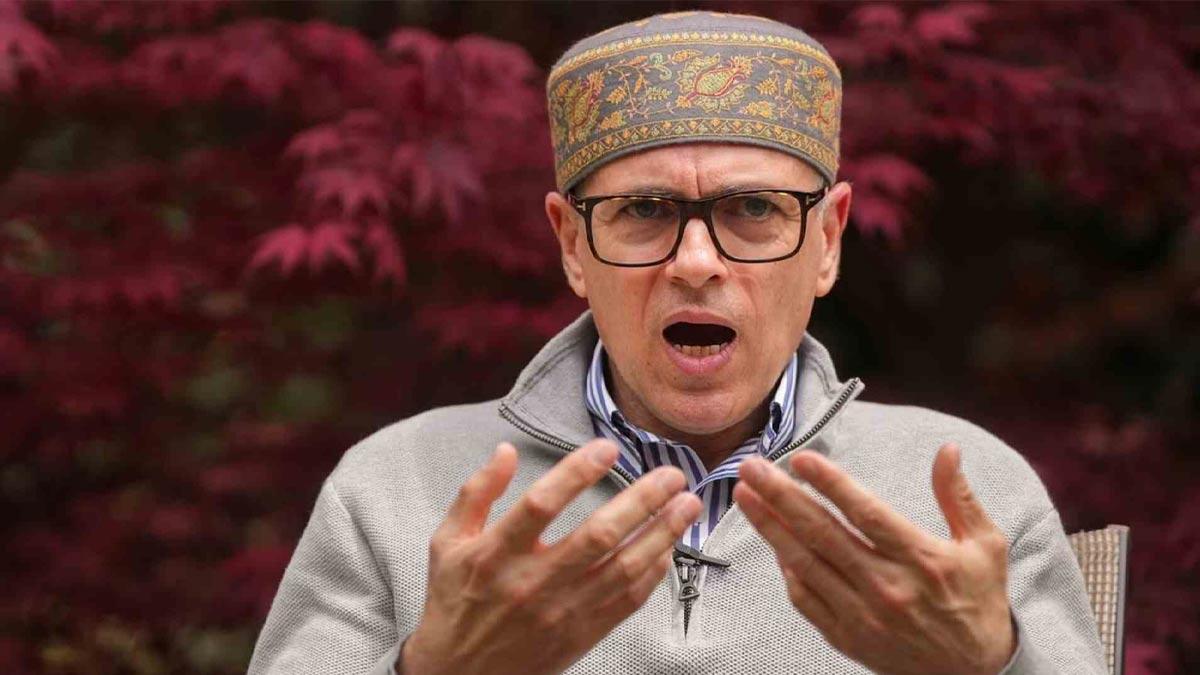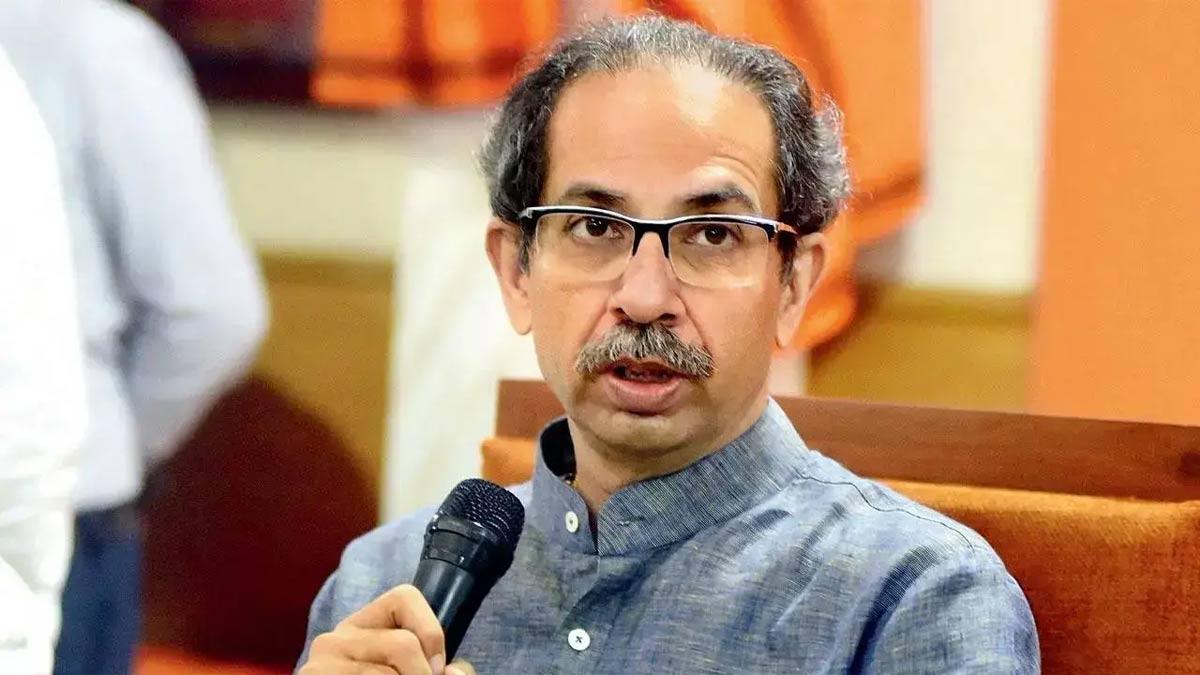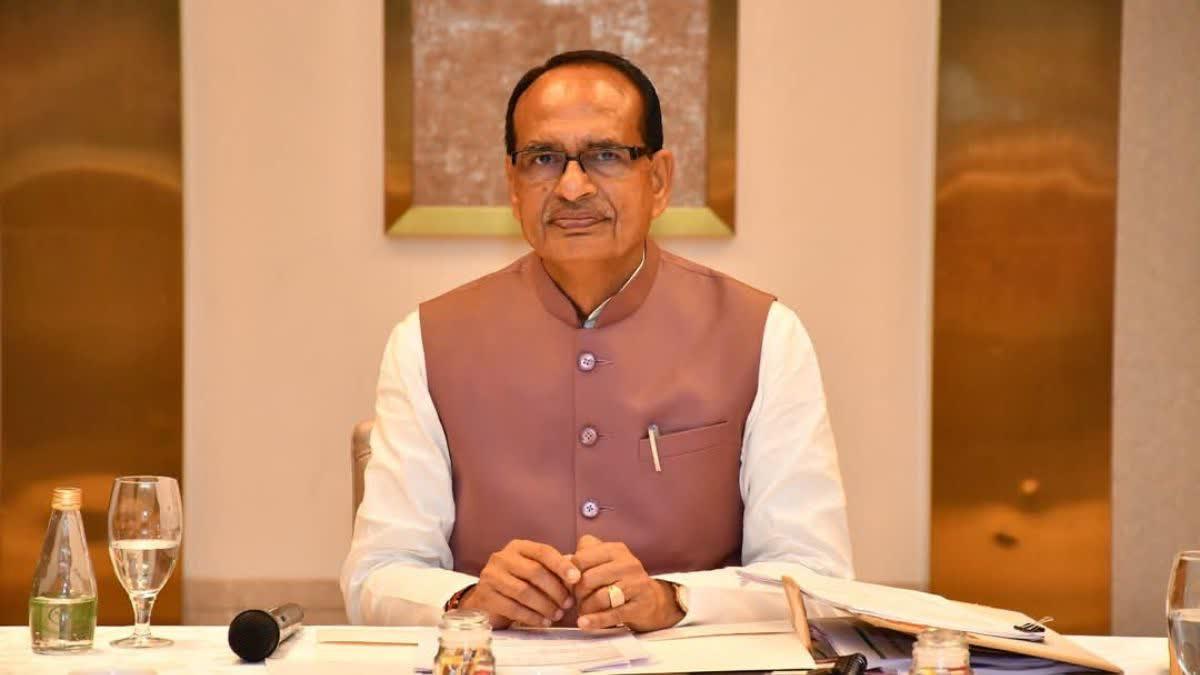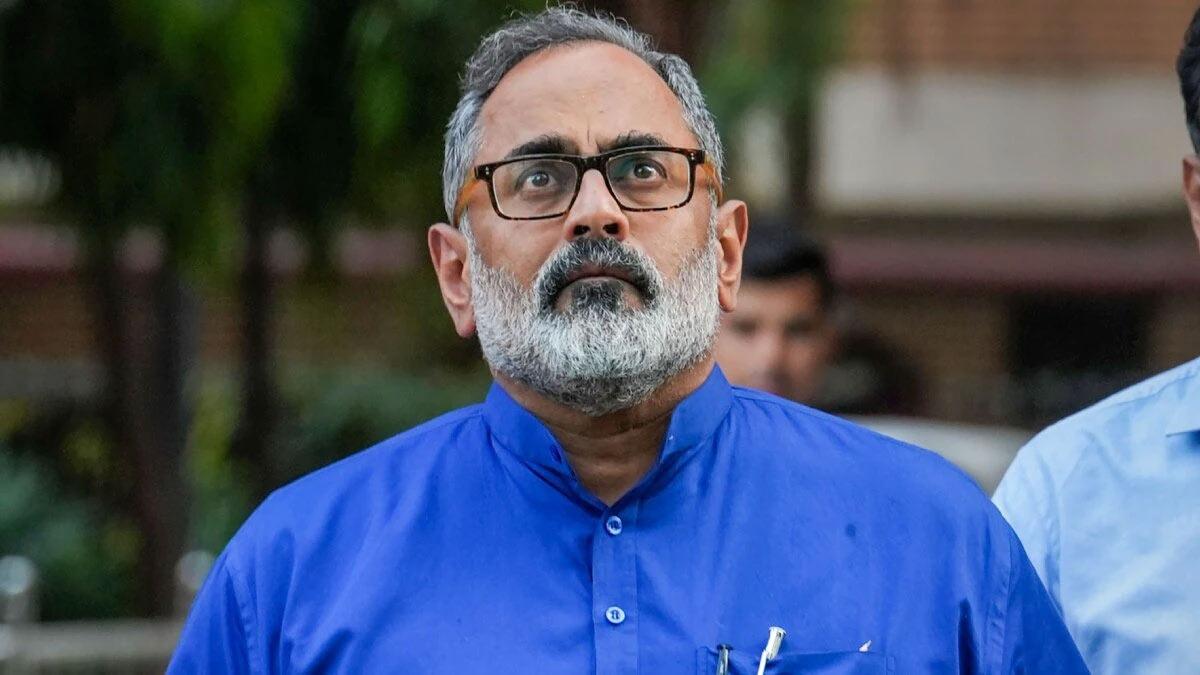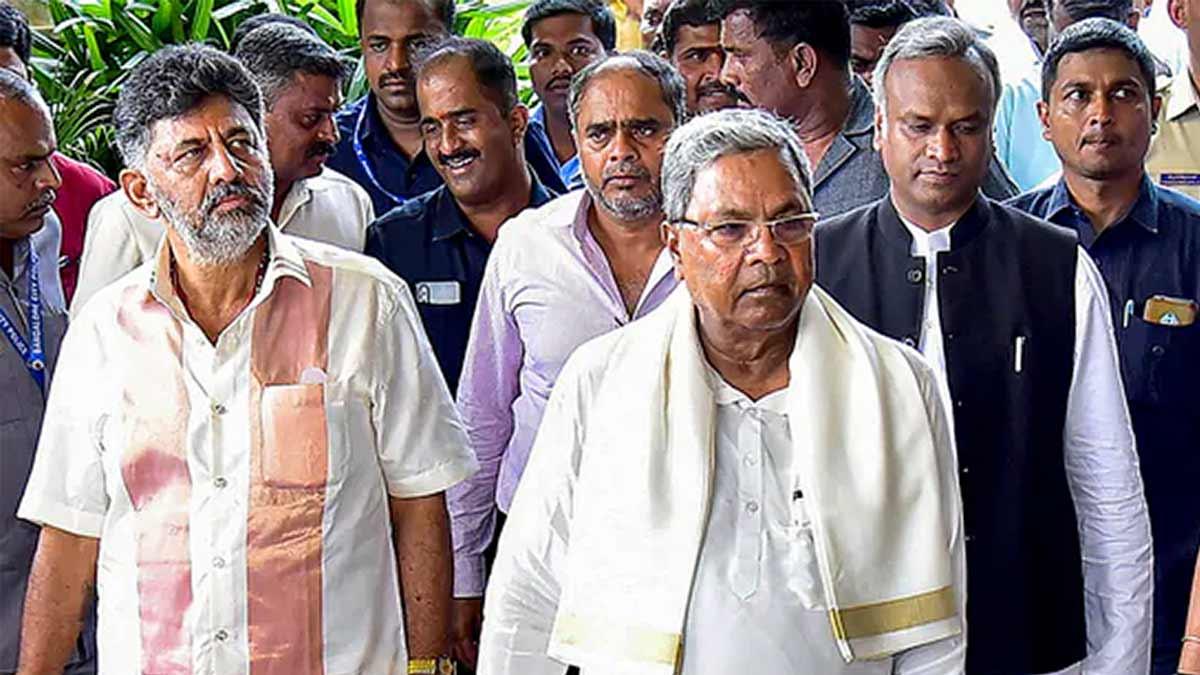National Conference Vice-President Omar Abdullah was to take oath as the Chief Minister of Union Territory of Jammu and Kashmir (J&K) on Wednesday. Omar Abdullah is 54 years of age and is positive about the mandate the people gave him to become the Chief Minister of J&K for the second time, but there are some pitfalls awaiting him. The guessing game over who would be part of Omar's Cabinet continued on the eve of the swearing-in. Under the J&K Reorganization Act, the state government can have only nine Ministers, and the CM is included as well.
Omar needs to ensure representation from both the Jammu and Kashmir provinces, and several different ethnicities, given the complexities of the UT, within that limited number. The house that Omar Abdullah occupied as the Chief Minister, and was made to vacate after abrogation of Article 370 and revocation of the rule that provided every former Chief Minister an official accommodation till life, has been freshly painted and refurbished.
He would be shifting to this abode on the high-security Gupkar Road, just a stone's throw from his father's residence, NC Chief and former Chief Minister Farooq Abdullah's house, on the same road. People had lined up outside the Abdullah residence in the morning to greet Omar Abdullah on his new assignment.
As Chief Secretary, Atul Dulloo and DGP Nalin Prabhat had come for a courtesy call on the new Chief Minister, when passing crowds outside were told to wait till Abdullah's junior was free to meet them. Many old and new faces among the 42 MLAs of the NC are aspiring for a berth in the Council of Ministers, unmindful of Omar Abdullah's worry to accommodate everybody in the same council of ministers that can have only 10 members including the Chief Minister.
The old faces in the race include former Finance Minister, Abdur Rahim Rather; former Road and Buildings Minister, Ali Mohammad Sagar; and former Social Welfare Minister, Sakina Itoo, while new faces are also in the race for the ministerial posts. Some of them have been trying to reach the incoming Chief Minister through the latter's friends and prominent party men.
The new faces among them boast of having beaten such 'giants' as the Apni Party's Ghulam Hassan Mir, the People's Conference's Imran Raza Ansari, Asiya Andrabi, Sartaj Madni, Abdul Rehman Veeri, and Mehboob Beg of the Peoples Democratic Party. Omar Abdullah's major worry is not who to choose or drop from among his MLAs in the Valley.
His principal anxiety is that he houses MLAs from the Jammu division which has lent 29 seats to his rivals in the BJP and only one to his coalition allies in the Congress. Considering that the mandate of the people is split between the Valley and the Jammu region, the major concern that the elected government of J&K would have would be how to bridge the gap between the two regions. This will mean closing both political and emotional distances.
How Omar Abdullah manages this seemingly impossible trapeze act, only time will tell. Once the gaiety is over, the elected government will settle down to business. The main difference that cannot be overlooked between AAP chief Arvind Kejriwal and Omar Abdullah is that Kejriwal became the Chief Minister of Delhi when the powers of the Chief Minister were well and truly known to him.
He never wanted a free hand in running his government as the Lieutenant Governor was always there to breathe down his neck. Kejriwal has said in a lighter vein that he is prepared to share his experience of running a "half government" with Omar Abdullah. The problem is, that at the time of Governor being only a constitutional figure confined to Raj Bhavan and attendance at university council meetings etc, Omar Abdullah was Chief Minister of J&K.
Omar Abdullah had his way then while from Wednesday onwards, he will have to look up at the Lt Governor for support and space. Given his experience of running J&K for the last 4 years, it is fair to expect that Manoj Sinha will support and allow space to the elected government.
More than the Lieutenant Governor acting as his guide and support giver, Omar Abdullah must realize that he is the Chief Minister of a Union Territory, where his and his council of ministers' power is no longer the same as was in the past.
The question of who governs and who rules would have to be put behind the incoming Chief Minister as long as he wanted to deliver on the promises of development, healthcare, education, tourism, civic amenities, etc. Applying himself to controversial issues would detract from Abdullah of both time and energy, and he could go on fighting for statehood without bringing other developmental priorities to a grinding halt.
Read also| Triangular Contest in Bihar Bypolls Following Prashant Kishor’s Entry
Read also| By-Elections on Nine Seats in UP: No Polling in Milkipur, Mayawati to Contest Alone

